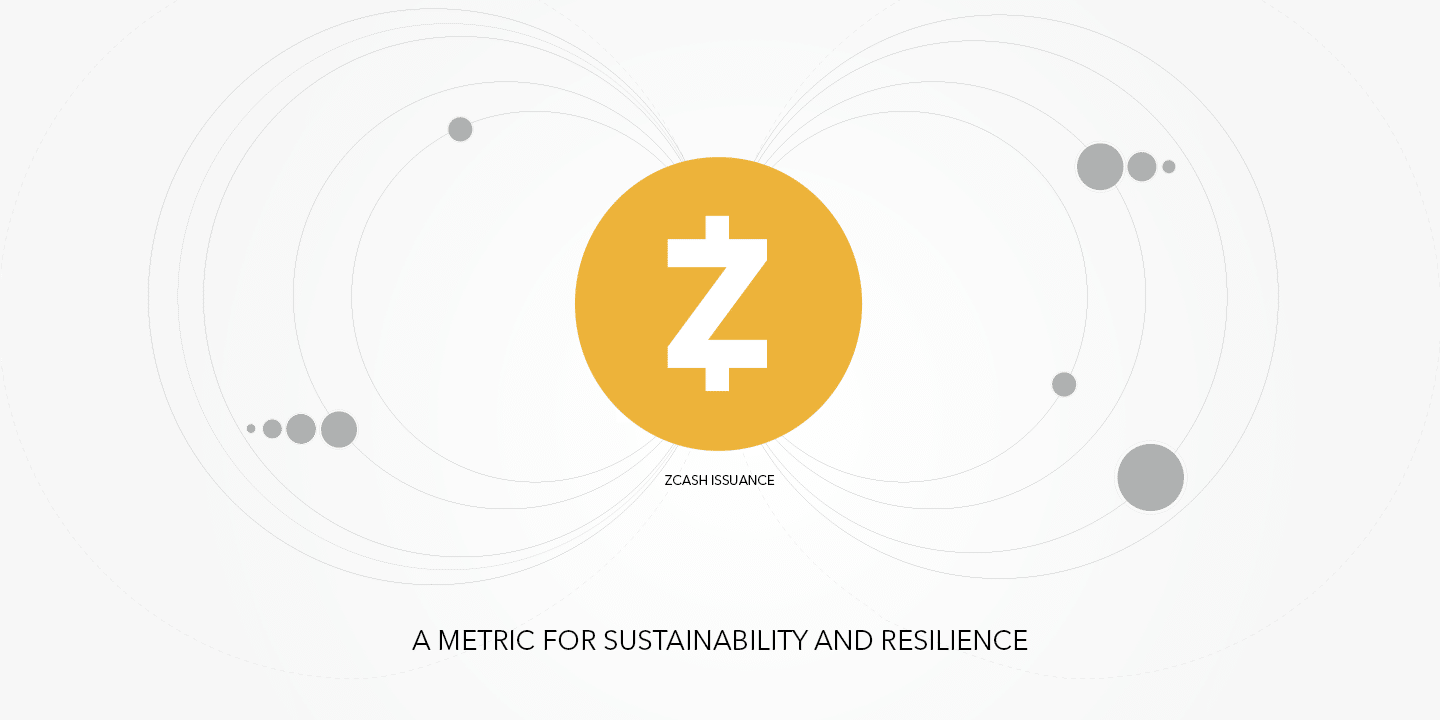In November 2024, the current Zcash development fund will expire. Conversations about a new dev fund have begun, and community sentiment seems to favor changes regarding who receives Zcash issuance and how much issuance they receive. There’s little support for carrying over the current structure into a new dev fund, and there is a vocal minority who advocates against any new dev fund.
A little over a month ago, I gave a presentation at Zcon4, the annual conference hosted by the independent Zcash Foundation, about the importance of the Zcash dev fund and why it’s Zcash’s superpower. I made the argument that every decision is about balancing trade-offs and that the community needs to consider this in structuring funding and governance.
For context, here’s a common view of how Zcash community funding works today: 80 percent of Zcash issuance is distributed to miners, while 20 percent is devoted to Zcash development funding. Importantly, 8 percent of the total block reward (or about 40 percent of the current dev fund) goes into the Zcash Community Grants organization, which exclusively funds independent third-party developers. ECC (through the Bootstrap org) receives 7 percent of the total rewards, and the remaining 5 percent goes to the Zcash Foundation.
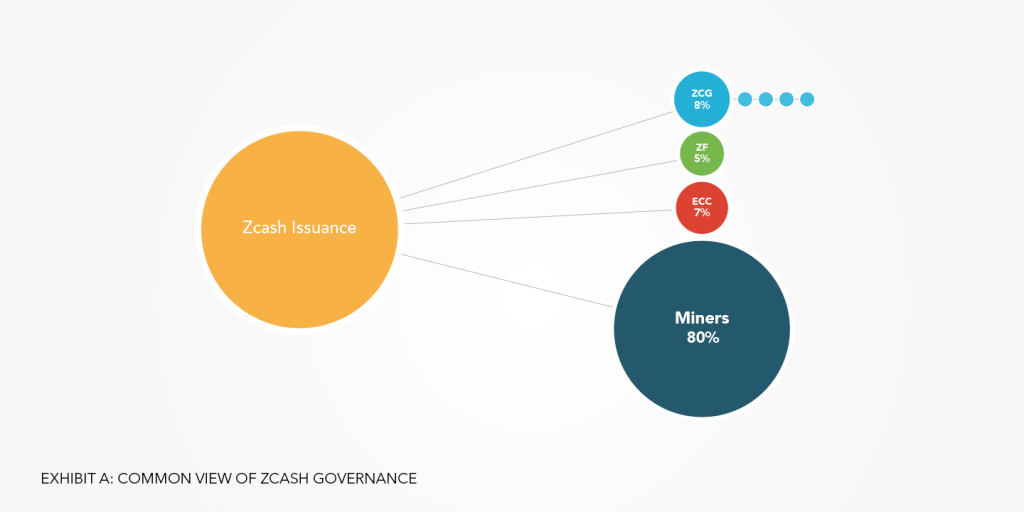
While this view of funding and governance is accurate, there are alternate views that are also accurate.
Tradeoffs in the current dev fund structure
“There are no solutions. There are only trade-offs.”
Thomas Sowell
The Zcash Community Grants organization actually receives its funding through the Zcash Foundation; it doesn’t receive funds directly. It was set up this way for good reasons (mainly, creating a wholly new and separate entity is expensive), and Exhibit B represents this flow of money.
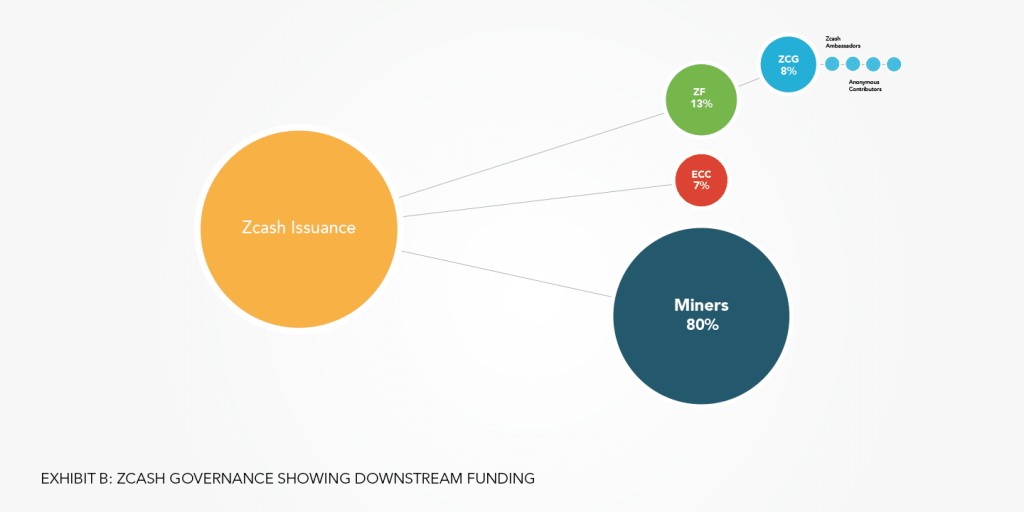
In ZIP 1014, the community stipulated that the Zcash Foundation must not interfere with Zcash Community Grants’s decisions, and both the Zcash Foundation and Zcash Community Grants should be commended on their financial transparency. In a majority of cases, this structure in which money flows through the Zcash Foundation to the ZCG to independent developers and teams is just fine.
But the tradeoff is that the Zcash Foundation is beholden to US laws* which means that any organization or team that is downstream of the Zcash Foundation is also constrained.
In my Zcon4 presentation, I highlighted two recent examples of the real-life implications of this structure.
- In 2022, a person living in Iran who goes by Bitcoin Buddy applied for a grant to become a Zcash ambassador. They wrote about living under a theocratic dictatorship and incompetent kleptocracy that inflicts poverty and allows women to be attacked in the streets. Their goal was to tell their community about Zcash and frame it as an alternative or an “escape” from the oppressive Iran ruling regime. I suspect Zcash Community Grants would have liked to fund Bitcoin Buddy, but it couldn’t because its money flows through the Zcash Foundation, which is based in the US, is subject to the laws of the US, and would find its nonprofit status at jeopardy by funding a person or project in Iran.
- In another example, a team of engineers who wished to remain anonymous applied for funding to build and implement new code on Zcash. However, because the team refused to give information like names and home addresses, a US KYC (Know Your Customer) requirement, its application was rejected.
If these scenarios alone don’t demonstrate the need for changes in a “Dev Fund 2,” consider that ECC, the organization I lead, is also based in the US and subject to the laws of the US, which means that all dev fund monies are constrained by the laws of a single government and regulatory framework.
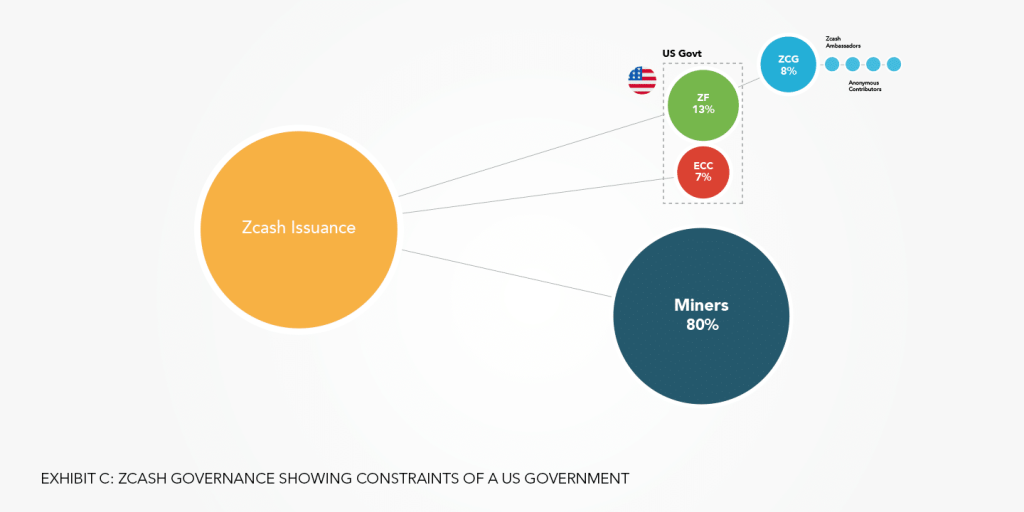
It’s worth noting that miners, who receive 80% of all Zcash issuance, live outside the control of the US government and are not bound by rules on how they use that issuance.
A metric for Zcash sustainability and resilience
One useful way to address trade-offs is to look at a metric: the number of independent and sustainable organizations that support Zcash.
Exhibit A shows us that the number is three: ECC, Zcash Foundation, and Zcash Community Grants. Exhibit B illustrates that there are only two, and Exhibit C suggests that all of these organizations are consolidated and beholden to one entity, the US government. (I don’t count miners as supporters of Zcash because, to my knowledge, none of the large commercial miners do anything to improve Zcash. And in fact, most sell it at the end of each day to buy Bitcoin.)
There’s an ineluctable trade-off between independence and accountability. For any circle in these illustrations, you can choose independence or accountability, but only one attribute, not both.
In Exhibit B, for example, the Zcash Foundation serves a valuable role, which is that it holds Zcash Community Grants accountable to its charge. But because it’s downstream of the Zcash Foundation, Zcash Community Grants isn’t actually independent.
At the blockchain level you can create accountability by the community as a whole adding and removing recipients of a dev fund, but below the blockchain level independence and accountability are a trade-off.
Failure modes
As a security engineer, I really like thinking about failure modes. In Exhibit D, I break them into four categories.
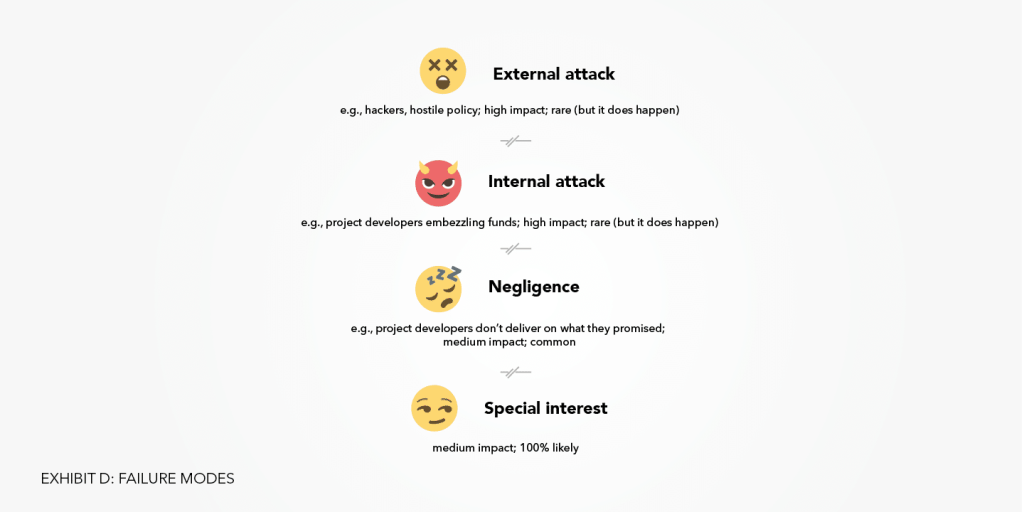
The first two failure modes, external and internal attacks, are pretty self-explanatory. Either could have a huge impact and even cause catastrophic failure of a project. US policy appears to be lining up against crypto as an industry, but for now, I still categorize these failure modes as “rare.”
Category 3, however, is common. Sadly, two-thirds of everyone who sets out to do anything never quite finishes, because success requires a mix of vision, timing, talent, and luck. When designing governance, we must be aware of and protect against a simple law of the universe: No matter how well-intentioned and skilled a person or team appears to be, there’s a not-insignificant chance they will fail to live up to expectations.
The last failure mode, Category 4, is 100% likely. Every person and every group of people is a special interest with differing motivations, differing blindspots, and differing values and perspectives. Systems of governance must be resilient enough to produce good results in spite of this universal law.
Designing the next Zcash dev fund
Even with guaranteed failure modes and complex tradeoffs, it’s possible to design a governance system that increases the sustainability and resilience of Zcash.
As I said at Zcon4, “Don’t put all your eggs in one basket.” The next dev fund the Zcash community implements needs to (1) include more, independent teams than the current iteration, and (2) at least one of those teams should be headquartered outside the US.
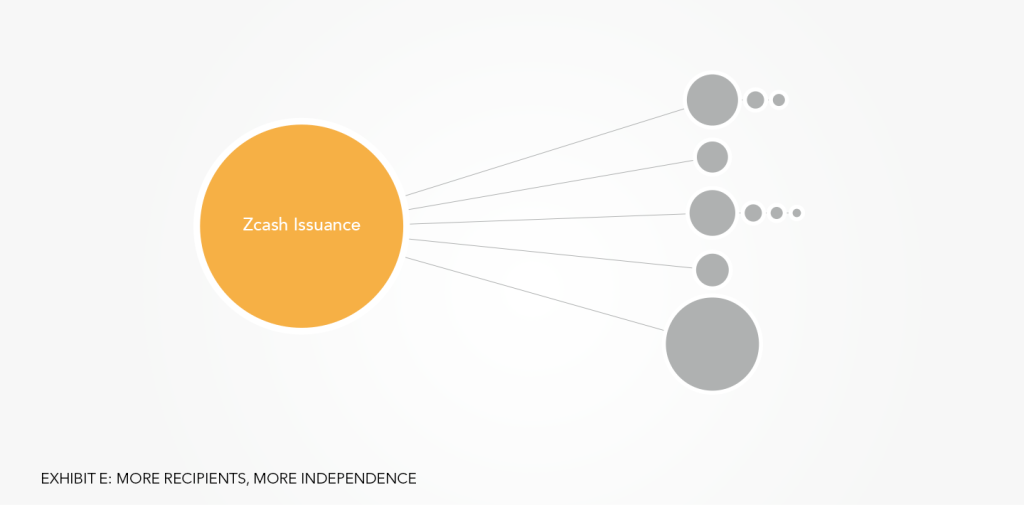
No governance model is perfect, but my opinion is that these two recommendations will foster lasting benefits for Zcashers and the future of Zcash. I have extremely high confidence in the voice of the community, and I’m looking forward to continuing this conversation into 2024 and beyond!
*The Zcash Foundation recently announced that it has begun the process of setting up an operational nonprofit entity in the Cayman Islands, so that’s excellent news!
